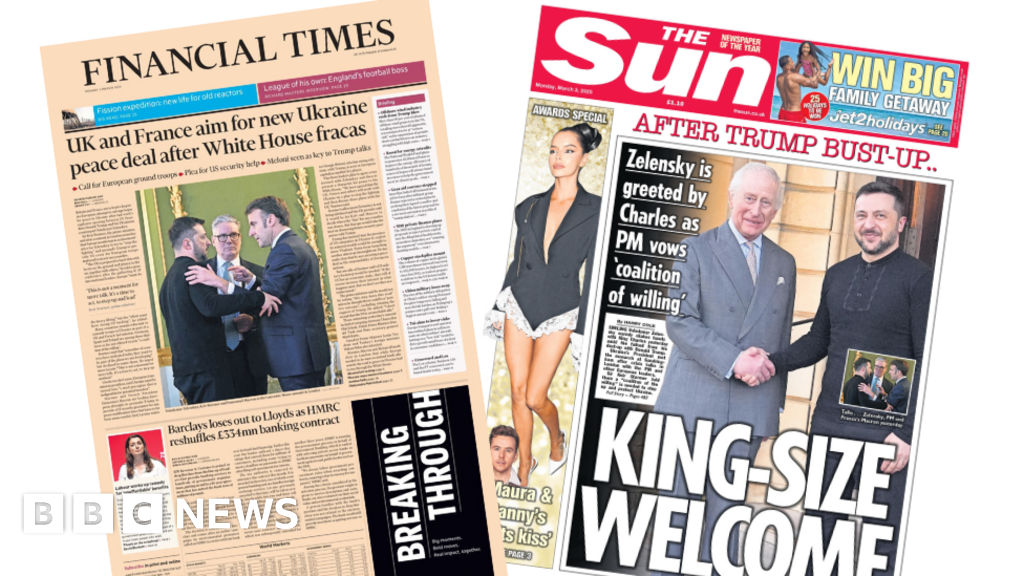Whether it's Reese Witherspoon in Legally Blonde, Mark Darcy in Bridget Jones or Ally McBeal, plenty of attractive lawyers have graced our TV screens.
But now, a study suggests that good looking lawyers really are more likely to win their cases and receive favourable rulings from judges.
And this advantage applies for both men and women – and at all levels of experience – it found.
As part of his study, a researcher from the University of Illinois gathered data on more than 1,000 US court cases and found pictures and courtroom videos of the attorneys involved.
He then asked a group of participants to rate the lawyers on their level of attractiveness.
A study suggests that good looking lawyers really are more likely to win their cases and receive favourable rulings from judges. Pictured: Reese Witherspoon as Elle Woods in Legally Blonde
Analysis revealed that lawyers perceived as more attractive had enjoyed consistently higher success rates and were more likely to win cases outright.
The findings were consistent regardless of the race and gender of both the judges and lawyers – however, attractive female lawyers appeared to receive a slightly greater advantage, especially when arguing before male judges.
The researcher said the findings raise 'significant concerns' about the fairness of the justice system.
'I consider the main takeaway to be that 'judges are people too',' study author Nicholas Waterbury told PsyPost.
'When judges are overburdened with work they rely on some of the same mental shortcuts the rest of us use to make decisions.
'Researchers have shown in many settings that attractive individuals have advantages over less attractive counterparts.
this advantage applies for both men and women – and at all levels of experience – it found. Pictured: Colin Firth as Mark Darcy in Bridget Jones
Analysis revealed that lawyers perceived as more attractive had enjoyed consistently higher success rates and were more likely to win cases outright. Pictured: Calista Flockhart as Ally McBeal
'This research suggests that when judges need to quickly evaluate an attorney's argument they extend the same attractiveness advantage as everyone else.'
The study, titled 'Justice Isn't Blind', was published in the Journal of Law and Courts.
It reads: 'In this analysis, I have shown that attorney attractiveness significantly increases the chances of attorney success.
'Voting on the basis of attractiveness does not constitute rational decision-making.
'Attractiveness is not supposed to influence the outcome of legal disputes.
'These findings raise serious normative concerns about equality and underscore the need to adjust traditional models of judicial behaviour to account for inherent biases.'
 (1).png)
 10 months ago
19
10 months ago
19


















